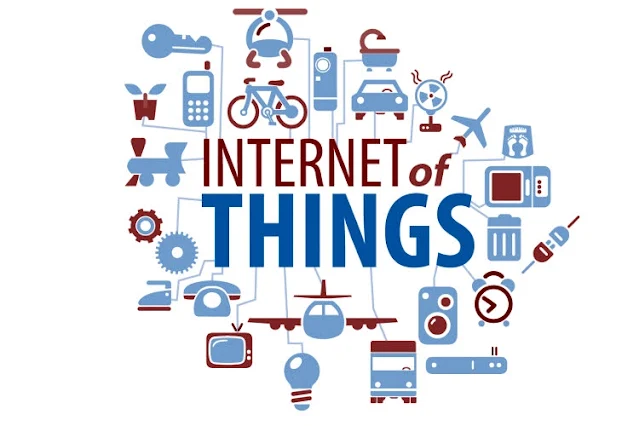The Internet of Things (IoT) has become a major buzzword in recent years, and for good reason. IoT refers to the interconnected network of physical devices, vehicles, home appliances, and other items embedded with electronics, software, sensors, and network connectivity that enable these objects to collect and exchange data. This interconnectivity allows for the creation of smart systems that can operate autonomously, leading to increased efficiency and convenience.
The field of computer science plays a significant role in the development and implementation of IoT technologies. In this article, we will discuss the importance of IoT in computer science and its impact on various industries.
First and foremost, IoT has the potential to revolutionize the way we live and work. By allowing devices to communicate with each other and with humans, IoT can automate various processes, saving time and increasing efficiency. For example, a smart home system can be programmed to turn off lights, adjust the temperature, and lock doors when the residents are away. Smart cities can use IoT technology to manage traffic flow, monitor air quality, and conserve energy. These are just a few examples of how IoT can make our lives easier and more efficient.
IoT also has significant implications for the healthcare industry. Medical devices such as wearable fitness trackers, glucose meters, and heart monitors can transmit data to healthcare providers, allowing them to monitor patient health remotely. This not only improves the quality of care but also reduces healthcare costs by reducing the need for in-person visits.
In addition, IoT has the potential to transform the manufacturing industry by allowing companies to monitor and optimize their production processes in real time. This can lead to increased efficiency, improved product quality, and reduced waste.
The rise of IoT has also created new opportunities in the field of computer science. IoT devices generate massive amounts of data, and this data must be analyzed and processed in real-time to be useful. This has led to a demand for new algorithms, machine learning models, and data analytics tools that can handle the complexity of IoT data. Additionally, IoT devices require secure and reliable communication networks, leading to the development of new security protocols and encryption methods.
One of the key challenges in the field of IoT is ensuring the security of these interconnected devices. As the number of connected devices continues to grow, so does the risk of cyber-attacks. This makes it crucial for computer scientists to develop new security protocols and encryption methods to protect IoT devices and the data they generate.
Another challenge in the field of IoT is the integration of these devices with existing systems. IoT devices often use different communication protocols and technologies, making it difficult to connect them with each other and with other systems. Computer scientists must work to develop standards and protocols that allow these devices to communicate with each other and with existing systems.
In conclusion, IoT has the potential to revolutionize the way we live and work, and the field of computer science plays a critical role in its development and implementation. From the development of new algorithms and data analytics tools to the creation of secure communication networks, computer scientists are working to make the vision of a connected world a reality. With the continued growth of IoT, it is likely that we will see even more innovation and progress in the years to come.




0 Comments
Please do not enter any spam link in the comment box.